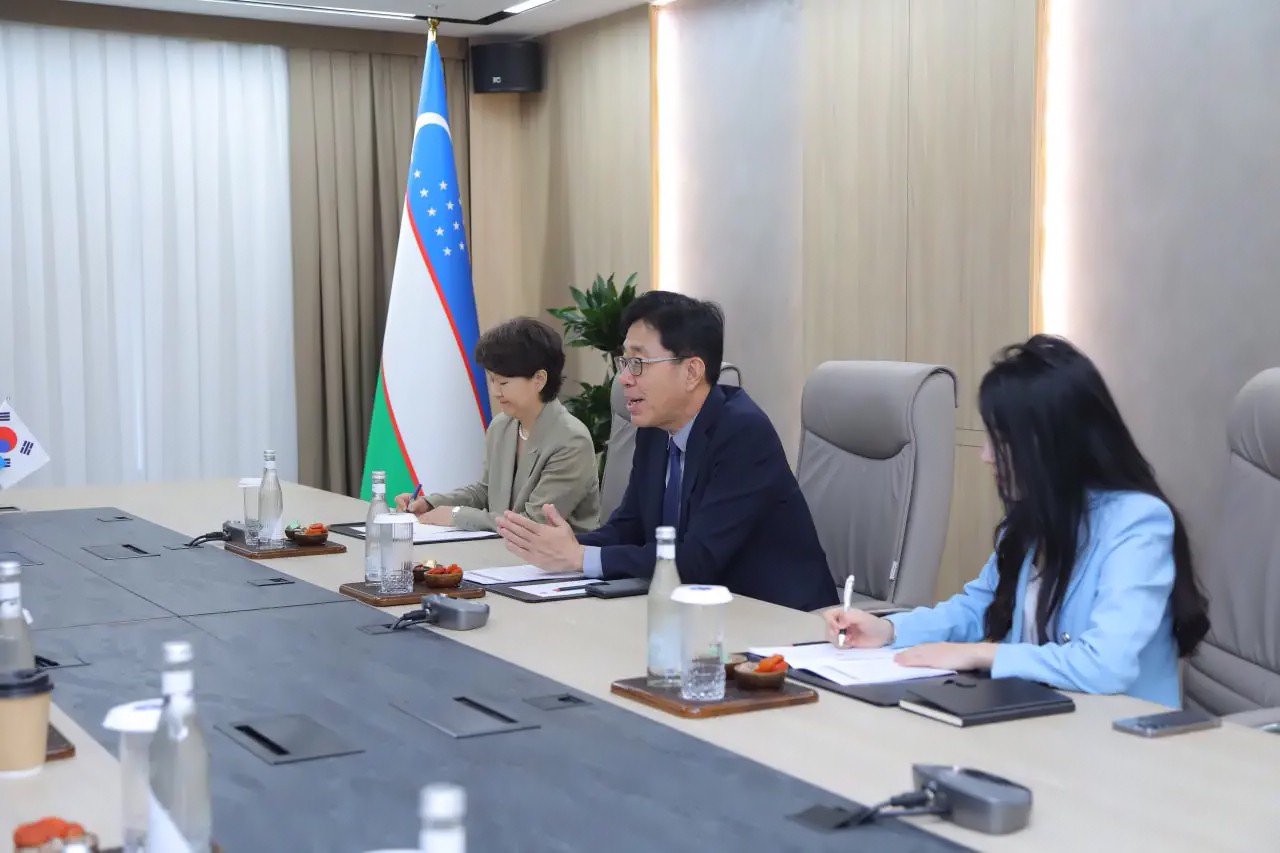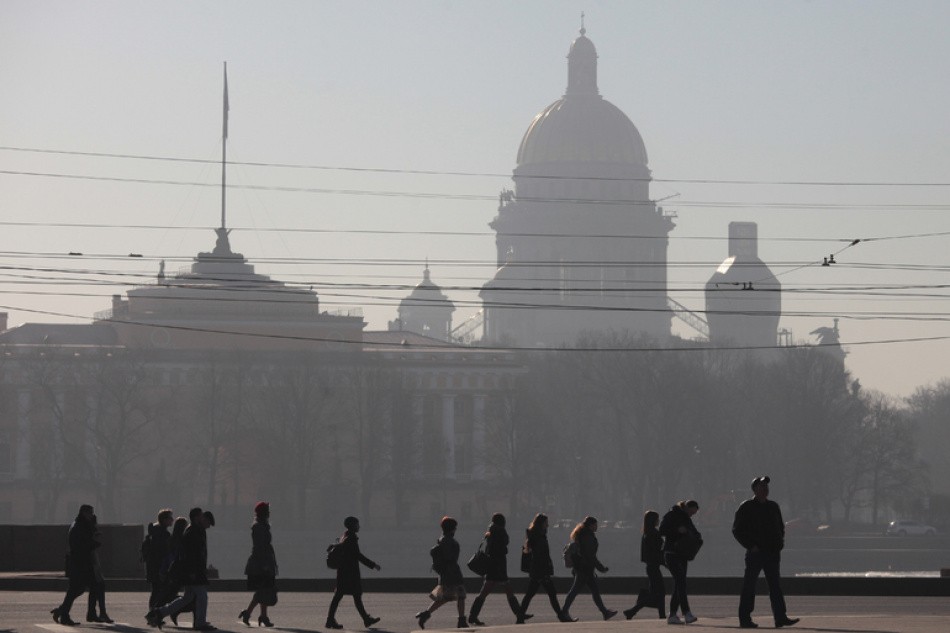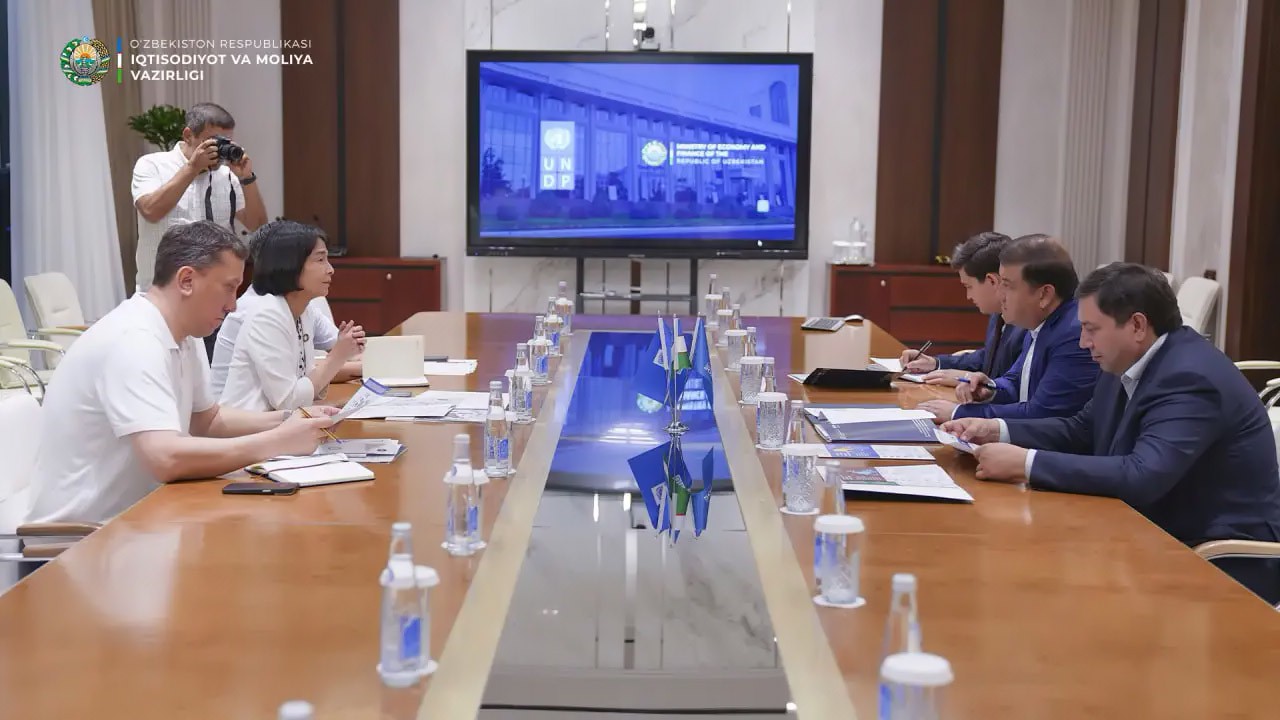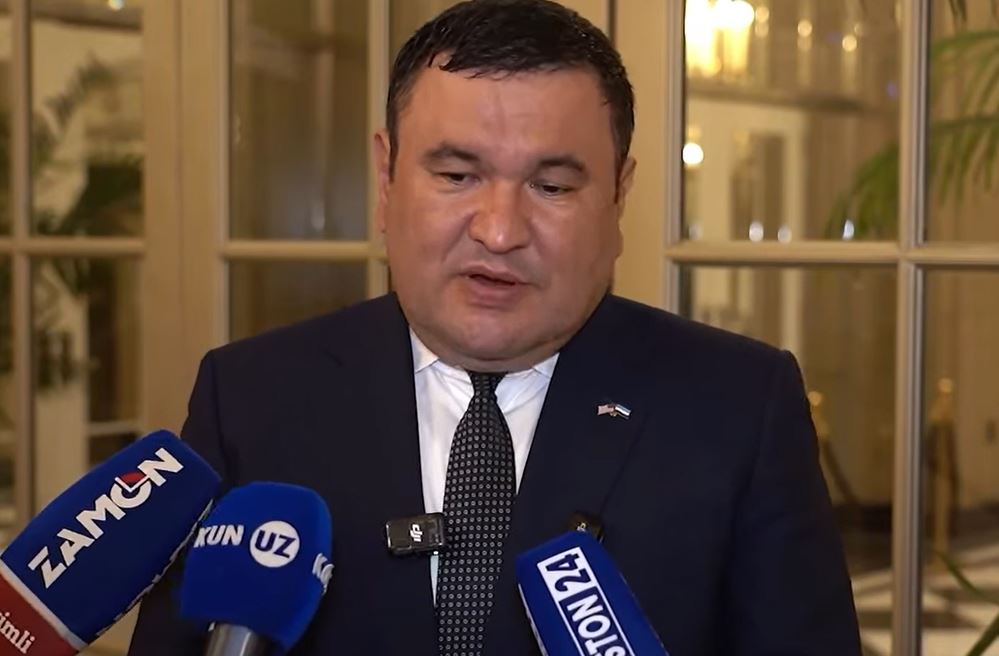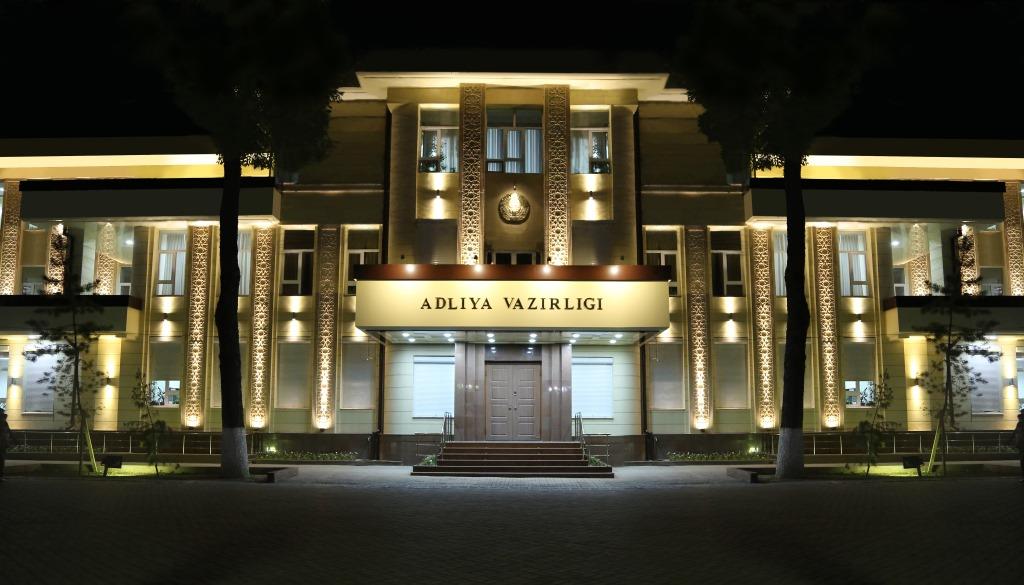The Ministry of Internal Affairs of the Republic of Uzbekistan has approved a new regulation on attracting pensioners with experience in serving in the internal affairs bodies to participate in the prevention of offenses in socially vulnerable mahallas. The document is registered under the number 3651 and comes into force in accordance with the law "On Internal Affairs Bodies" and decrees of the head of state regarding the reform of the personnel policy of law enforcement agencies.
The new norm applies to the Tashkent and Ferghana regions, where there is a relatively high crime burden in some localities. The initiative aims to use the professional experience of former law enforcement officers to improve the effectiveness of preventive measures.
According to the approved Regulations, the recruitment of pensioners will be carried out on a competitive and voluntary basis. The number of applicants is unlimited, and the contest is open to all eligible applicants, regardless of gender, age, social status, or nationality. The main selection criteria include the presence of at least five years of experience in the Ministry of Internal Affairs, a positive service reputation, no criminal record and fitness for health reasons.
The internal affairs bodies annually form a list of mahallas with increased criminogenic activity, where the program is planned to be implemented. The competition is held with the participation of a special commission, and candidates are evaluated on a 5-point scale based on an interview. If the score is equal, the final decision is made by the chairman of the commission.
Successful contestants sign a cooperation agreement and receive a monthly payment of 100 percent of their pension. Funding is provided at the expense of the Fund for the Development of the Crime Prevention System. This approach allows the state not only to effectively use the personnel potential of professionals with experience, but also increases public confidence in the public safety system.
The initiative serves as one of the tools to localize and mitigate the criminal burden in vulnerable areas, and also strengthens horizontal links between society and law enforcement agencies. Expanding the format of interaction with former employees of the Ministry of Internal Affairs in the future may become the basis for scaling such experience to other regions of the country.


